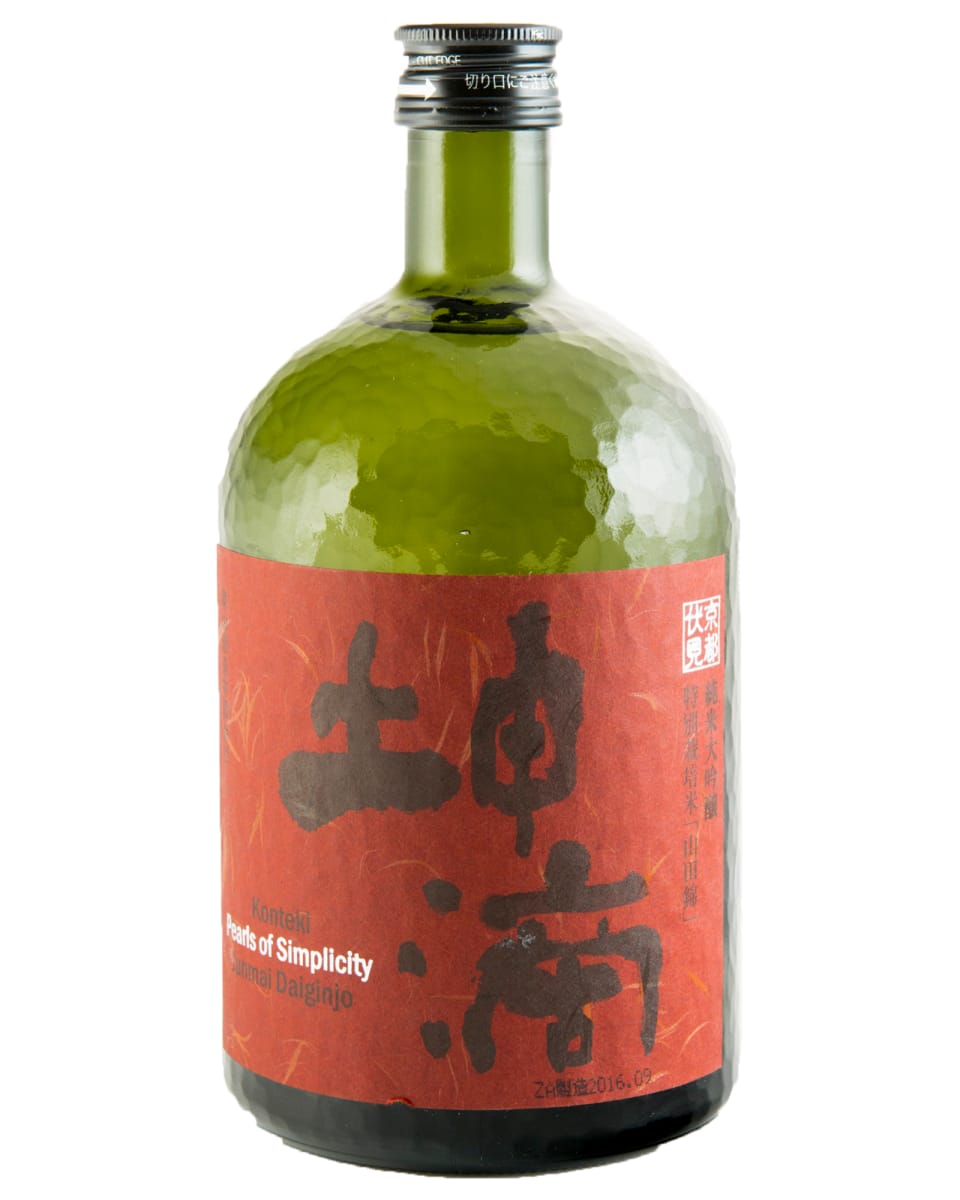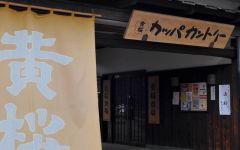Konteki Pearls of Simplicity Junmai Daiginjo Sake (720ML)



Product Details
Your Rating
Somm Note
Winemaker Notes
Aromas of white flower and Asian pear followed by clean flavors of honeydew, lemon, and a hint of licorice. Finishes elegantly with rich minerality and rice texture.
This is a great sipping sake but also a wonderful companion to scallops, pork, and light meats.

Saké with the highest milling requirement at 50%, so that 50% of each grain of rice remains unmilled, is called Junmai Daiginjo. It is, just like Junmai and Junmai Ginjo, made up solely of water, koji mold, yeast and rice with no addition of alcohol. Since the categories of saké are determined by milling requirement (not rice variety), this is one of the most premium categories, along with Daiginjo. Pair Jumai Daiginjo with lighter fare such as sashimi or steamed fish.

The introduction of the waterwheel in the 17th century, which eliminated the need for the manual polishing of rice grains, allowed Japan to begin producing saké at an industrial level for its greater population. Today Japan remains at the cutting edge of technology in its brewing practices. However, the traditional methods of handcrafted, artisanal saké remain alive in smaller and often family-owned breweries. Many of these showcase local ingredients and focus on microclimates to make what is known as ‘jizake,’ or regional saké.


